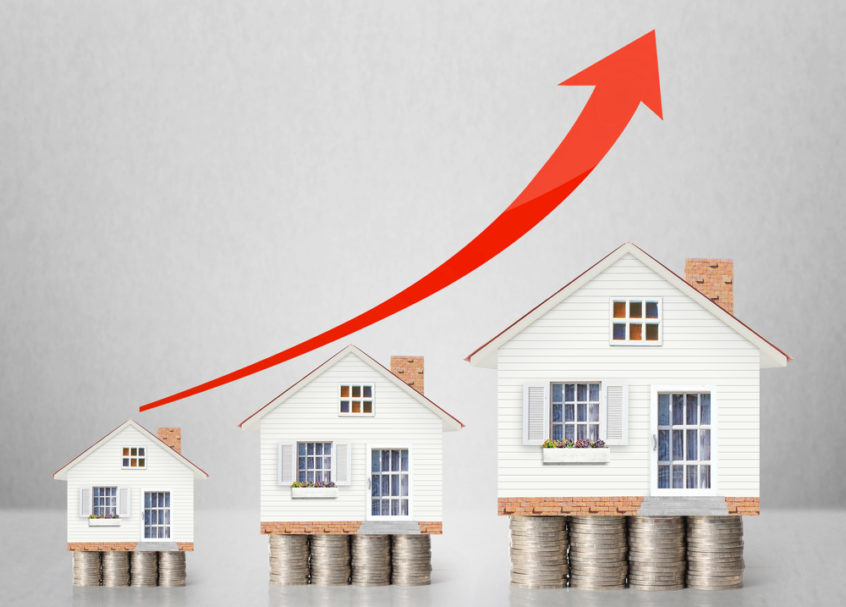As we ring in the new year, you might wonder what makes living in Pittsburgh enjoyable. Pittsburgh has a rich history, vibrant communities, and growing opportunities. Let’s explore why making Pittsburgh your home in 2024 could be your best decision.
A City of Neighborhoods with Unique Flavors
One of the most charming aspects of living in Pittsburgh is its diverse neighborhoods. Each area offers its unique vibe, from the hip and happening Strip District, known for its bustling markets and nightlife, to the serene and scenic Squirrel Hill. Whether you’re a young professional, a growing family, or looking to enjoy your golden years, there’s a neighborhood you will love.
Affordability Meets Quality of Life
Pittsburgh consistently ranks as one of the most affordable cities in the U.S., especially regarding housing. The cost of living here is below the national average, yet the quality of life is high. This balance makes Pittsburgh an ideal place for first-time homebuyers or those looking for more value for their money in the new year.
Rich Cultural and Educational Scene
Living in Pittsburgh, you will find world-class universities like Carnegie Mellon and the University of Pittsburgh. The vibrant cultural district provides plenty of opportunities, from contemporary music and modern dance to thought-provoking theater. It’s also home to classical music performances, opera, and ballet, alongside famous musical theater and art films. Numerous museums are found throughout the area. There’s always something to learn and explore in the city.
A Green City with a Vision for Sustainability
Pittsburgh is not just another industrial city; it’s a leader in green initiatives. Its numerous parks, rivers, and bike trails offer many outdoor activities. The city’s commitment to sustainability is evident in its green buildings and community projects, making it a forward-thinking choice for eco-conscious residents.
Economic Growth and Career Opportunities
The new year is a time for new career goals, and Pittsburgh’s economy is bustling with opportunities, especially in the tech, healthcare, and education sectors. Companies like Google, Uber, and Duolingo have offices here, making the city a burgeoning tech hub.
Community Spirit and Sports Enthusiasm
Pittsburghers are known for their strong community spirit and love for sports. Home to the Steelers, Penguins, and Pirates, the city’s sports scene is electrifying. A strong sense of camaraderie and pride ties the community together.
A Foodie’s Paradise
Pittsburgh’s food scene thrives, from traditional Polish and Italian dishes to innovative farm-to-table restaurants. The city has become a hotspot for foodies, offering a range of cuisines that cater to all tastes and budgets.
As you look towards the new year with hopes and aspirations, consider Pittsburgh, PA, your new home. It’s a city that combines affordability with a high quality of life, making it an ideal place for new beginnings. If you’re ready to explore the real estate opportunities in Pittsburgh or want to learn more about this incredible city, I’m here to help. Contact me, Kim Esposito, at Kim.Esposito1@pittsburghmoves.com.
Here’s to a Prosperous and Fulfilling New Year in your New Pittsburgh HOME!

 Facebook
Facebook
 Twitter
Twitter
 Pinterest
Pinterest
 Copy Link
Copy Link










